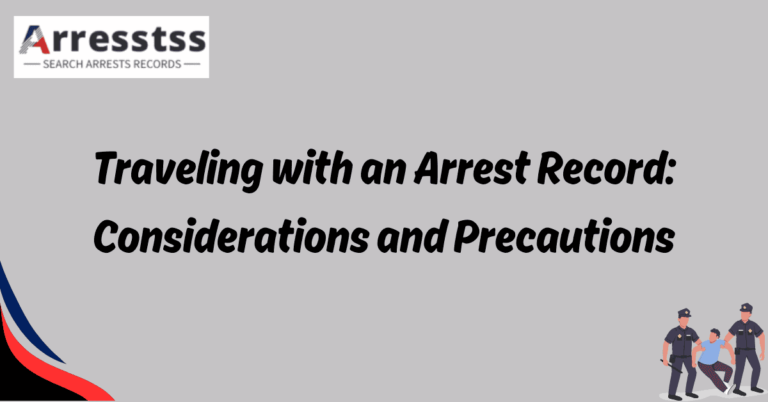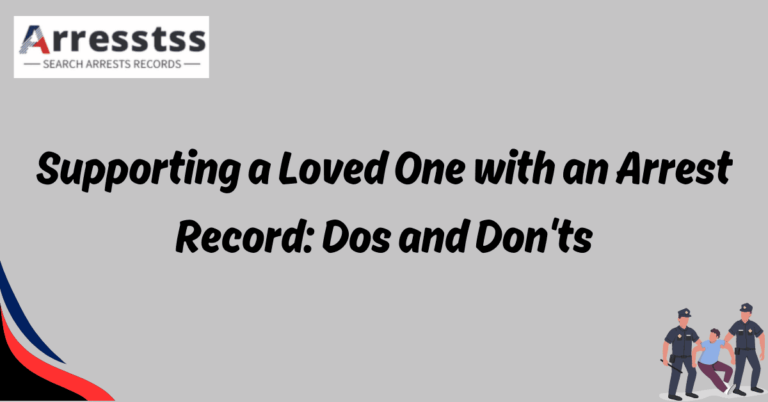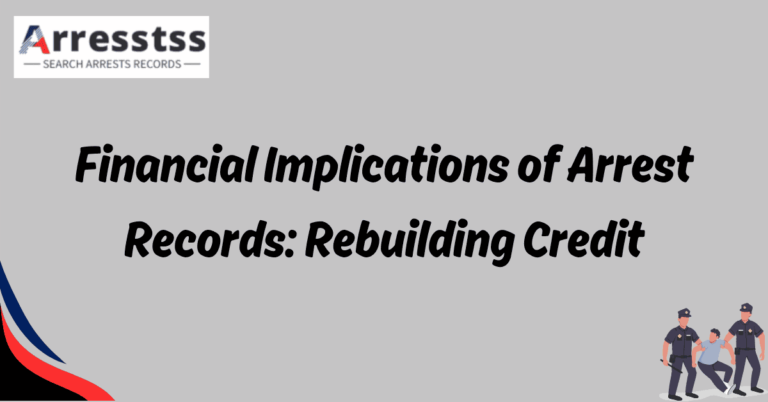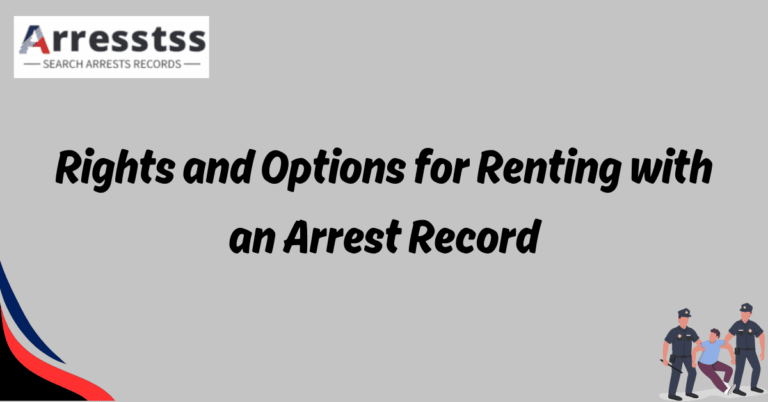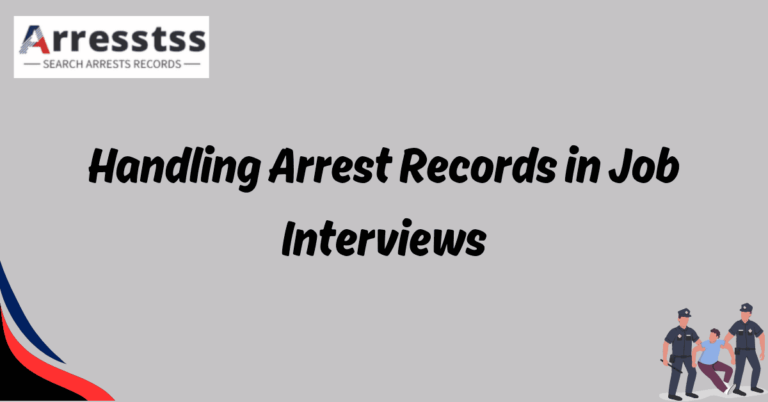Strategies for Expunging or Sealing Your Arrest Record
Importance of Clearing Your Criminal Record
Having a criminal record can have significant and long-lasting consequences that can impact various aspects of your life. It can hinder your chances of finding employment, securing housing, obtaining loans, and even affecting your relationships. However, there are strategies available to help individuals expunge or seal their arrest records, providing a chance for a fresh start.
Understanding Expungement and Sealing
Expungement refers to the legal process of erasing or removing an arrest or conviction from a person’s criminal record. Sealing, on the other hand, involves restricting access to the record, making it inaccessible to the general public. Both options offer individuals the opportunity to move forward without the burden of past mistakes.
Benefits of Expungement and Sealing
Expunging or sealing your criminal record can have numerous benefits that can positively impact your life. Firstly, it allows you to regain control over your personal information and keep it private. This can be particularly important when applying for jobs or seeking housing, as employers and landlords often conduct background checks. By clearing your record, you increase your chances of being considered for employment or housing opportunities.
Secondly, expungement or sealing can help restore your reputation. Having a criminal record can lead to stigma and prejudice, making it difficult to reintegrate into society. By removing or restricting access to your record, you can present yourself as a law-abiding citizen, potentially improving your personal and professional relationships.
Process of Expungement and Sealing
The process of expungement or sealing can vary depending on your jurisdiction and the specific details of your case. Typically, it involves filing a petition with the court and providing supporting documentation, such as proof of completion of probation or rehabilitation programs. It’s crucial to consult with an attorney or a legal aid organization specializing in criminal record clearance to ensure you follow the correct procedures.
Eligibility Criteria for Expungement and Sealing
Eligibility criteria for expungement or sealing can also vary depending on the jurisdiction and the nature of the offense. Generally, individuals with minor offenses or first-time offenders have a higher chance of qualifying for record clearance. However, certain offenses, such as violent crimes or offenses involving children, may not be eligible for expungement or sealing.
Seeking Legal Assistance
Clearing your criminal record can be a complex and daunting process. It’s essential to seek legal assistance from professionals who specialize in this area of law. They can guide you through the process, help determine your eligibility, and ensure that all necessary paperwork is filed correctly.
The Fresh Start You Deserve
Expungement and sealing provide individuals with a chance for a fresh start, free from the burden of past mistakes. By understanding the options available and seeking legal assistance, you can take control of your future and open doors to new opportunities. Don’t let a criminal record define you – take the necessary steps to clear your record and embrace a brighter future.
FAQ’s
What is expungement?
Expungement is a legal process that allows individuals to erase or remove an arrest or conviction from their criminal record. It essentially wipes the slate clean and ensures that the offense is no longer accessible to the general public. Expungement provides individuals with the opportunity to move forward without the burden of their past mistakes.
The specific eligibility criteria and procedures for expungement vary from state to state. Generally, individuals must meet certain requirements, such as completing their sentence, probation, or parole, and maintaining a clean record for a specified period. It is important to consult with an attorney or legal professional to understand the expungement process in your jurisdiction.
What is sealing?
Sealing is another strategy available to individuals with a criminal record. Unlike expungement, sealing involves restricting access to the arrest or conviction record, rather than completely erasing it. Sealed records are typically only accessible to law enforcement agencies and specific authorized individuals or organizations.
Sealing provides a level of privacy and protection for individuals with a criminal record, as it prevents the general public from viewing their past offenses. This can be particularly beneficial when it comes to employment opportunities, housing applications, and other situations where a background check is conducted.
Similar to expungement, the eligibility criteria and procedures for sealing vary from state to state. Consulting with a legal professional is essential to understand the specific requirements and processes in your jurisdiction.
What are the benefits of expungement or sealing?
Expungement and sealing offer numerous benefits to individuals with a criminal record. These strategies provide the opportunity for a fresh start by removing or restricting access to past arrests or convictions. Some of the key benefits include:
Improved employment prospects: Having a clean record increases the chances of securing employment, as many employers conduct background checks. Expungement or sealing allows individuals to present themselves without the stigma of a criminal record.
Enhanced housing options: Many landlords and housing agencies perform background checks on potential tenants. With a sealed or expunged record, individuals have a better chance of finding suitable housing without facing discrimination due to their past offenses.
Restoration of rights: Certain convictions can result in the loss of certain rights, such as the right to vote or possess firearms. Expungement or sealing can restore these rights, allowing individuals to fully participate in society.
Peace of mind: Knowing that past mistakes are no longer easily accessible to the public can provide individuals with a sense of relief and peace of mind. It allows for personal growth and the ability to focus on the future without being defined by past actions.
How long does the expungement or sealing process take?
The duration of the expungement or sealing process varies depending on several factors, including the jurisdiction, the complexity of the case, and the backlog of cases in the court system. In some cases, the process can be completed within a few months, while in others, it may take longer.
It is important to note that expungement or sealing is not an immediate process. It requires gathering the necessary documentation, filing the appropriate paperwork, and attending court hearings if required. Working with an attorney or legal professional can help ensure that the process is completed efficiently and effectively.
Can all offenses be expunged or sealed?
The eligibility for expungement or sealing varies depending on the jurisdiction and the nature of the offense. In general, certain serious offenses, such as violent crimes or sexual offenses, may not be eligible for expungement or sealing. Additionally, some jurisdictions have specific restrictions on certain offenses.
It is essential to consult with an attorney or legal professional to determine the eligibility of your specific offense for expungement or sealing. They can provide guidance based on the laws and regulations in your jurisdiction.


